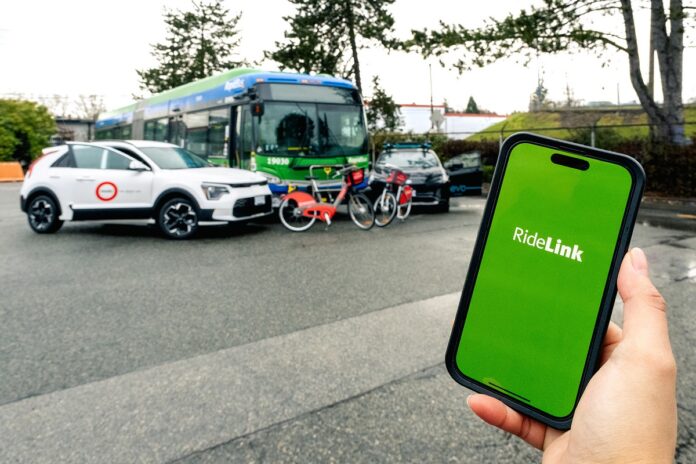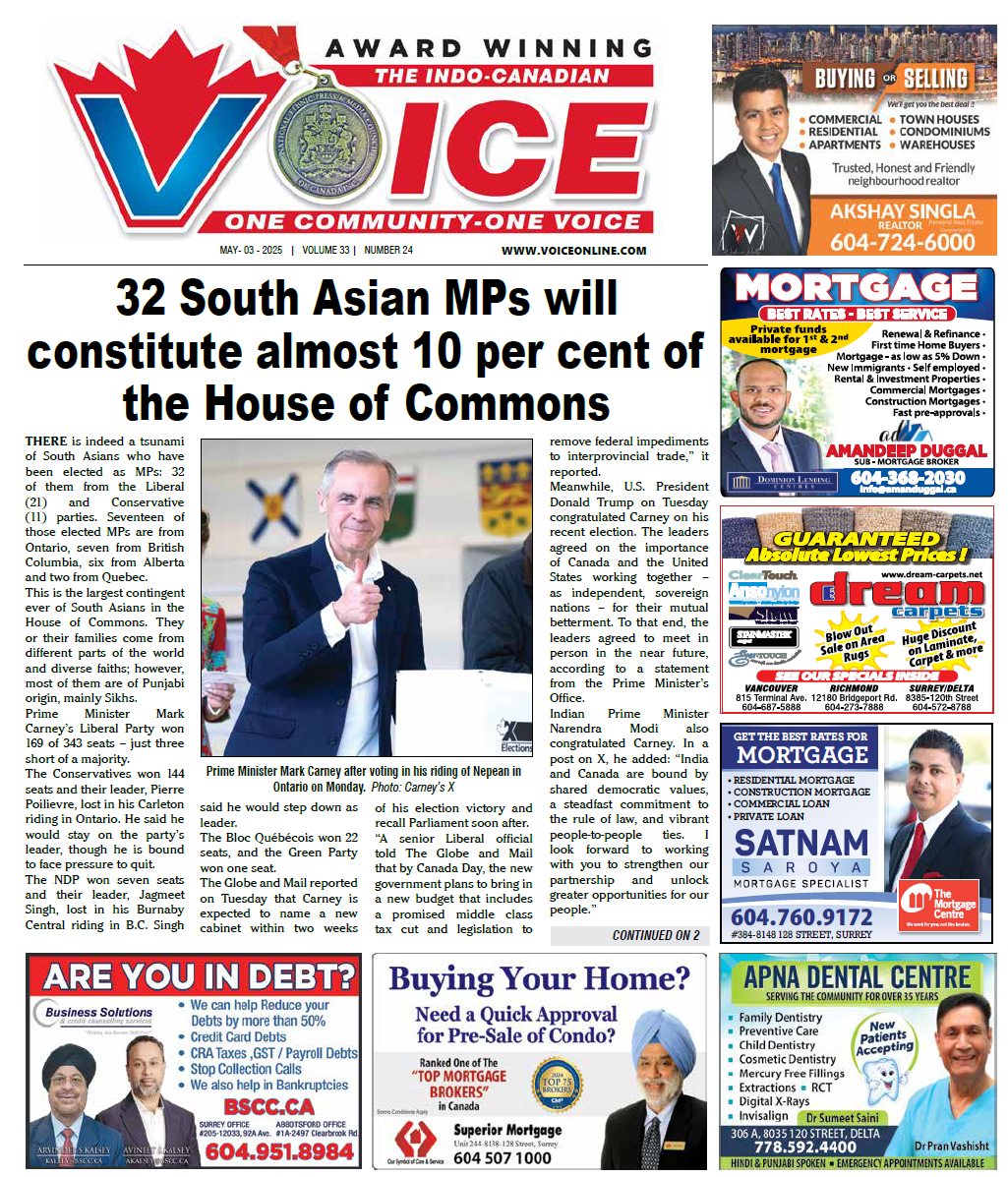TransLink is accepting applications for 1,300 people to test the new multi-modal app
TRANSLINK, Modo, Evo, and Mobi by Rogers are testing a new app called RideLinkthat brings together transit, carshare, and bikeshare services. The app makes planning, booking, and paying for trips easier and more convenient.
The app will be available to a limited number of people for a trial period and will eliminate the need for using several different apps or websites to provide a truly multi-modal experience.
The RideLink app features:
- Trip planning with transit, carshare, and bikeshare options with real-time information about vehicle and bike locations.
- Simple booking and payments for carshare and bikeshare services.
- Easy registration for Evo, Modo, and Mobi Bike services.
- An upgraded Compass Card to tap into transit, Evo, and Modo vehicles as well as Mobi Bikes at bikeshare stations.
There are over 200,000 registered users of bikeshare and carshare in Metro Vancouver, this new app will allow users to easily transfer between transit and each mode, with the goal of encouraging even more users to consider multi-modal journeys.
Data from TransLink’s first Shared Mobility Pilot shows that people are more likely to choose multi-modal travel when booking and payment options are simplified. In 2019, users received a Compass Card that worked on all four of these services, with one integrated billing account. 60 per cent of participants said they reduced personal vehicle use, and 56 per cent said they tried a new mode of transportation due to the card.
As part of the next phase of the trial, TransLink is accepting applications for 1,300 people to test the new multi-modal app. TransLink will gather feedback from participants over a one-year period on the usability and ease of integration between the services. This feedback will determine whether the app will become permanent in the future.
To be eligible to participate in the trial, applicants must be at least 19 years old, have a valid driver’s licence, a valid credit card, and a smartphone. Those who are interested in using multiple mobility services are more likely to be selected for the trial. Those interested in applying should visit TransLink’s website.
App development, beta testing, and integration is possible thanks to a $250,000 grant from the Federation of Canadian Municipalities through the Green Municipal Fund.
Kevin Quinn, CEO, TransLink, said: “People will consider multi-modal transportation much more often if they can use one single app to plan, book and pay for their travel throughout the city, instead of needing to consult with several different apps to figure out where to sign up for a bike, or find a carshare that connects to the transit system. This is the first step in creating a truly seamless multi-modal experience and decreasing reliance on car ownership.”
Patrick Nangle, CEO, Modo Co-operative, said: “Modo is proud to join TransLink, Mobi and Evo in this partnership to transform the way people move around our region. We have long advocated that people walk, cycle and use transit as primary choices, complemented by the use of a shared vehicle when a vehicle is needed. RideLink provides the platform for people to do that in a straightforward and convenient way.”
Amitis Khorsandi, Director of Evo Carshare, said: “With so many different ways to get around the city already, we think it’s pretty cool to be able to bring it all together and allow people to trip plan using a single app. At Evo, we’re so excited that by partnering with other shared mobility leaders, to launch RideLink, we’re going to make it easier to give up a personal vehicle and swap to shared modes like transit, bike and car share to get around conveniently and more affordably.”
Mia Kohout, CEO, Mobi by Rogers, said: “Mobi by Rogers is excited to be a part of the RideLink app pilot. We believe that improving seamless integration among shared mobility services and transit offers more convenience, thereby making it easier for people to choose sustainable modes of transportation, and ultimately also entice more people to try bikeshare.”













